

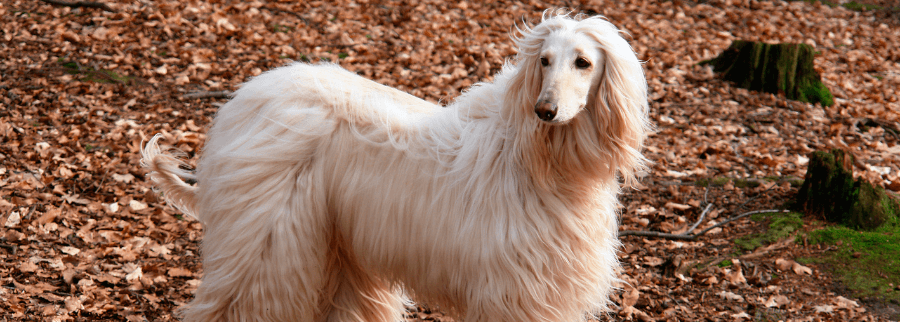

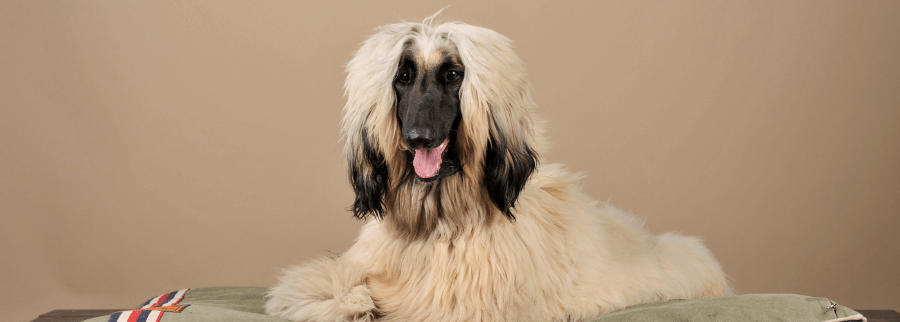

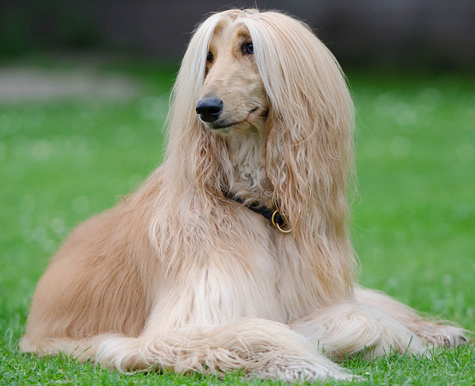
Afghan Hound
 Overview
Overview
Overview of Afghan Hound
With their signature flowing coat, ring-curled tail, and dignified gaze, The Afghan Hound is often referred to as the King of dogs! But beneath their silky coat is the heart of a hunter. In ancient times, Afghan nomads bred these pooches to hunt leopards and gazelles by sight and speed thanks to their massive 270-degree field of view and speed (they’re as fast as racehorses!) These medium-sized (50-60 lb) scent hounds can live up to 15 years. However, their signature locks require daily brushing to avoid matting. Today, Afghan hounds have traded their nomadic roots for pure glamour. Artists and photographers have captured their likeness around the world, like 20th-century artist Pablo Picasso whose beloved Afghan ‘Kabul’ inspired many of his iconic works.
Common Health Conditions & Recommendations for Afghan Hound
Hip Dysplasia:
Is an inherited disease in Afghan Hounds that causes the hip joints to form improperly and can lead to arthritis.
Recommendations for Hip Dysplasia in Afghan Hound Dogs:
Common Health Conditions & Recommendations for Afghan Hound
Hypothyroidism:
A condition that develops when the body doesn’t make enough thyroid hormone. Symptoms can include dry skin and coat, hair loss, susceptibility to other skin diseases, weight gain, fearfulness and/or aggression. It is recommended to do an annual blood test to screen for the disease.
Recommendations for Hypothyroidism in Afghan Hound Dogs:
Common Health Conditions & Recommendations for Afghan Hound
Eye Issues:
Afghan Hounds can inherit or develop a number of different eye conditions, some of which may cause blindness if not treated right away. Glaucoma and Cataracts are a common cause of blindness in senior Afghan Hounds.
Recommendations for Eye Issues in Afghan Hound Dogs:
 Personality
Personality
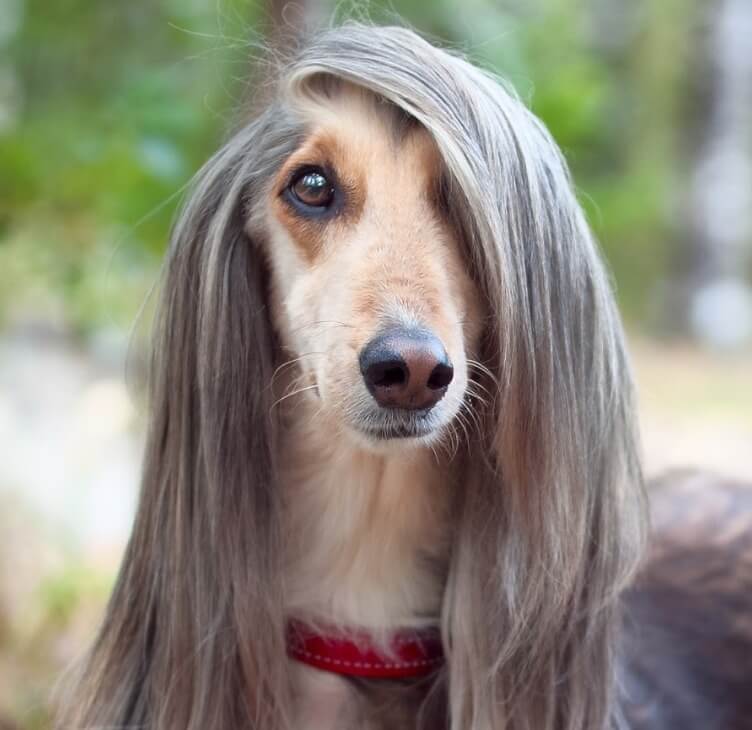
Due to their high intelligence and agility, Afghan Hounds require at least an hour of exercise a day where they can run at full speed (up to 40 miles per hour!) But keep in mind that they will chase small animals at every turn because of their scent hound lineage, so it is recommended that pet parents monitor them in a fenced-in yard. These pooches are very sensitive and do best with experienced, gentle pet parents. Their hypersensitivity can mean that even the slightest injury can cause a lot of discomfort, but on the flip side, it also makes Afghan Hounds very intuitive, and loving companions.

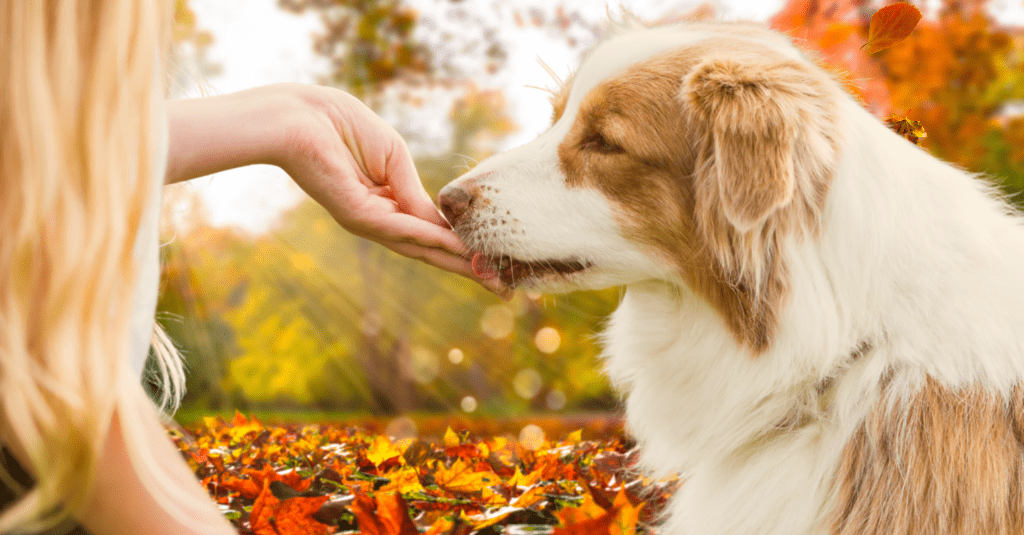

 USD
USD
 Canadian Dollars
Canadian Dollars


